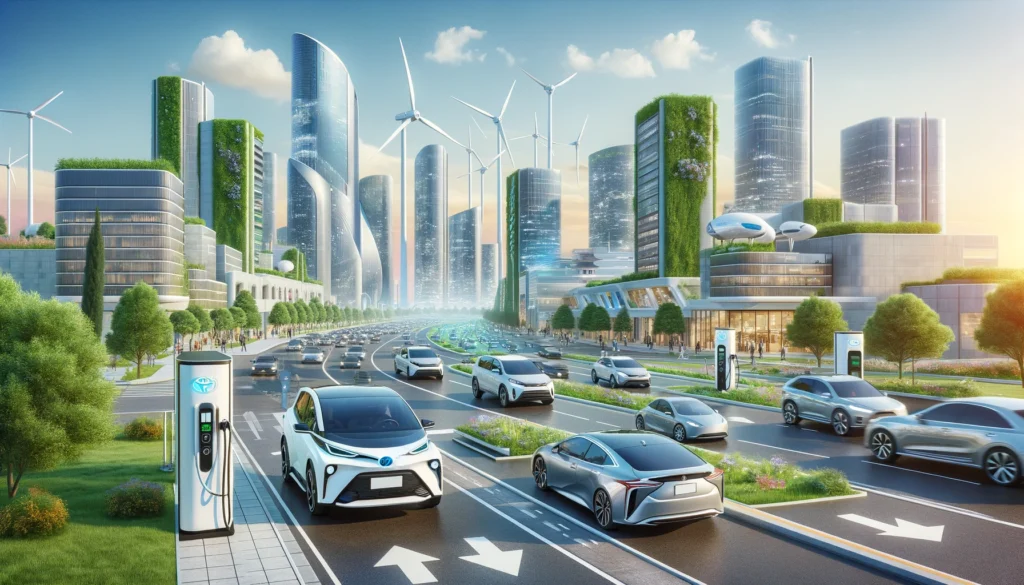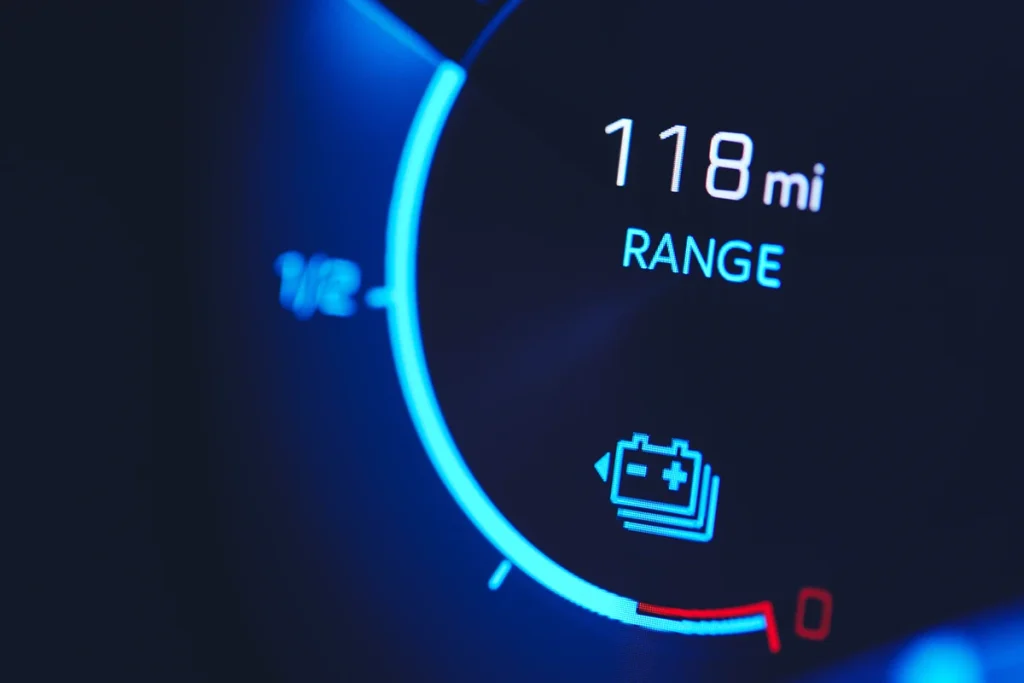Over a year ago, Toyota experienced a significant shift in leadership with the stepping down of its CEO, Akio Toyoda, who candidly admitted to being “an old-fashioned” figure unprepared to steer the world’s leading car manufacturer into the era of electric vehicles (EVs). Despite the growing global shift towards electrification, Toyota has notably maintained a strong emphasis on its hybrid vehicles, a choice that, while environmentally friendlier than traditional gas-powered cars, still lags behind the cleaner, electric alternatives in terms of reducing carbon emissions. This conservative approach to EV adoption has sparked widespread discussion among automotive experts, who argue that Toyota’s strategy may not be a mere oversight but a deliberate move to align with consumer preferences, hindered by concerns over EV affordability, battery range, and the scarcity of charging infrastructure.
Toyota’s Performance in the EV Sector
Toyota’s financial performance and market dominance underscore the success of its focus on hybrids, with the company outperforming competitors, including all-electric frontrunners like Tesla, by selling 11.2 million vehicles globally last year. However, this strategy has not come without criticism, especially from environmental and climate advocacy groups. Reports and analyses reveal Toyota’s intensive lobbying efforts aimed at delaying the full transition to electric vehicles, advocating instead for a prolonged reliance on hybrids. This lobbying is positioned against broader environmental policies, such as those proposed by the Biden administration, which emphasize a swift shift towards EVs to combat climate pollution—a stance that Toyota argues overlooks significant challenges related to EV production and infrastructure.
Impact on Environment by EV’s and Internal Combustion Engine Vehicles
The environmental impact of vehicles, be they gas-powered, hybrid, or fully electric, is a complex issue that encompasses the entirety of their life cycles. While EVs require more energy-intensive manufacturing processes due to their large batteries, their overall environmental footprint is significantly lower than that of gas-powered and hybrid vehicles when considering lifetime emissions. This discrepancy highlights the crucial role of EVs in reducing long-term carbon pollution, despite the higher upfront production costs. The debate extends into the realm of plug-in hybrids, which offer a middle ground by combining the reliability of gas vehicles with the environmental benefits of electric driving for short distances, potentially presenting a more accessible option for consumers not yet ready to transition fully to electric vehicles.
A Path Towards Electrification
The global automotive industry’s trajectory is clearly steering towards electrification, with Toyota’s reluctance to fully embrace this change eliciting mixed reactions. On one hand, the company’s strategy reflects a pragmatic response to current market dynamics and infrastructural limitations, aiming to provide immediate, albeit incremental, reductions in carbon emissions through hybrid technology. On the other hand, critics argue that Toyota’s slow embrace of EV technology and its lobbying efforts against aggressive EV policies may hinder the automotive sector’s overall progress in combating climate change.
Final Thoughts
Toyota’s cautious approach towards electric vehicles embodies a broader industry debate on how best to achieve a sustainable transportation future. While hybrids serve as a valuable step towards lowering emissions, the urgent need to address climate change underscores the importance of accelerating the transition to fully electric vehicles. As the market evolves and consumer preferences shift towards greener alternatives, Toyota’s ability to adapt and innovate in the electric vehicle space will be critical in shaping its legacy and impact on global carbon reduction efforts.


